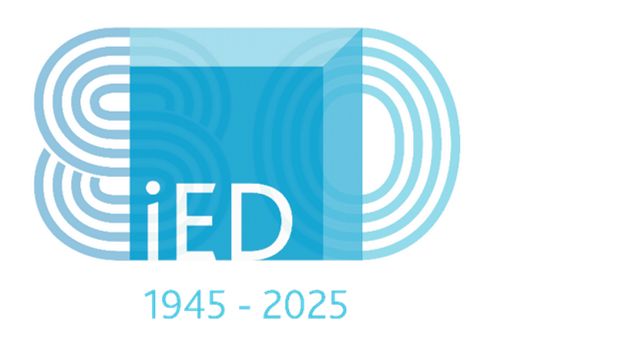A new report published today by the Institution of Engineering and Technology (IET) reveals that there is an urgent need to make engineering and technology more inclusive for neurodivergent people – and it provides practical guidance to STEM employers to create a more inclusive working environment.
The report – which is based on qualitative research including a number of focus groups of engineers and technicians with lived experiences of neurodiversity – found that many are reluctant to be open at work due to stigma and say they face a range of challenges. Many also find being part of an under-represented group magnifies the challenges, and that employers within the sector often miss the opportunity to benefit from specific strengths associated with neurodiversity.
It also highlights that not all workplace challenges that neurodivergent engineers and technicians face are related to the specifics of their neurotype – and it points out that challenges result from a range of other factors including lack of awareness and understanding; neurotypical approaches and expectations being the standard for workplace behaviour; accessing workplace adaptations and the impact of all these on sustaining good mental health and well-being.
Guidance for employers on how to best build a more neuroinclusive environment includes:
- Treating neurodivergent engineers and technicians as individuals
- Raising awareness and shifting attitudes
- Training line managers to support neurodivergent team members
- Integrating neurodiversity into working practices and culture
- Making it easier to access workplace adjustments
- Offering targeted career support where it is wanted
- Enabling neurodivergent engineers and technicians to access and build support.
Dr Laura Norton, Head of Equality, Diversity and Inclusion at the IET, said: “Neurodivergent engineers and technicians bring many and varied strengths to their work. Too often, however, these strengths are not recognised or appreciated by managers, colleagues or employers.
“There is a huge opportunity awaiting employers and teams in the engineering and technology sector who are willing to understand and address the needs of their neurodivergent staff and colleagues. We hope this study helps increase awareness and understanding, and spurs action towards realising that opportunity.”
Andy Parker, Chair of the IET’s EDI Advisory Group, said: “As a neurodivergent engineer myself, it’s fantastic and very encouraging to see the IET pioneering research into the challenges and experiences of the neurodivergent community in engineering and technology – an area that has remained largely unexplored until now.”
Katy Deacon, IET Trustee and Chair of the IET EDI Working Party, added: “Everyone should feel empowered and supported to fulfil their potential and feel that they belong in engineering and technology. For us, building an understanding of the extent of neurodiversity in the sector, as well as breaking down barriers, is a crucial element to realising this aim. There is much more we can do to truly harness the strengths and skills of neurodivergent people, that will improve the working experience for all.”
To find out more about the report Neurodiversity in Engineering and Technology – How to build a more inclusive profession, please visit www.theiet.org/neurodiversity.




Leave a Comment